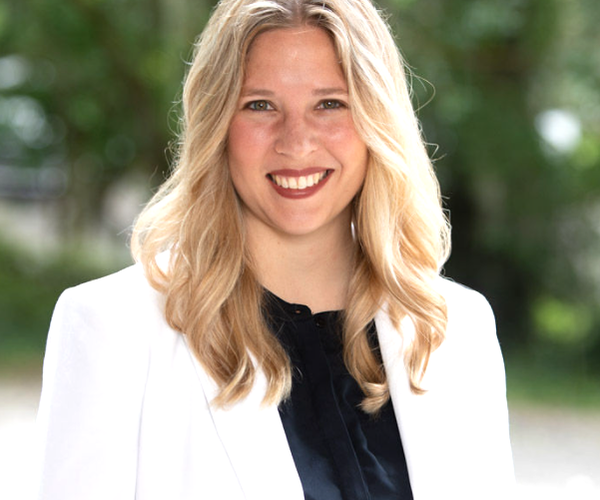True story: I sent one of my more recent books to a radio talk-show host who, in turn, gave it to one of her “readers,” asking him to extract appropriate questions.
Said reader, a 30-something year-old, opened the book, read “Children are bad” and refused to go any further, making no small amount of drama over my micro-aggression.
To him, whether I am correct or not makes no difference, which is a sign of the times. What is relevant is that in asserting something that contradicts the romanticized vision of the child that America embraced in the 1960s, I am not being nice. Therefore, even if correct, I am guilty.
So, the question begs: Am I correct? Are children, by nature, bad? Yes, they are, which is why, unlike all other species, they do not grow to full size in one or two years (and whether one attributes this to intelligent design or evolution is irrelevant). Can you imagine trying to control a 185-pound, 6-foot tall toddler who is upset because you will not submit to His Majesty? And he is not just a tad upset, mind you; he is, rather, in a homicidal rage. If given the opportunity, he will begin slapping, scratching, and biting.
As soon as a child begins to develop language, he begins to lie, as in “I didn’t do it!” He sees something he wants and commits assault to get it. He is irrationally selfish. He steals. To the romantics who claim they — very young children — do not know they are taking other people’s possessions, I ask, “Then why do they hide what they have taken and why, when asked, do they deny having it?”
One does not have to teach children to be bad. They arrive already possessing of that disposition. Their badness, therefore, is not the result of bad parenting, although that will certainly make it worse. In other words, children do not have to be treated badly in order to act badly. In fact, it seems in some cases that the better they are treated, the worse they act.
They are bad; therefore, they require unconditional love from the significant adults in their lives. If love was conditional, many children would receive very little. But unlike the Beatles’ well-intentioned assertion, love is not all they need. They also need a firm hand. Love without a firm hand quickly mutates into enabling, and enabling is toxic to both the giver and the receiver. Likewise, a firm hand without love quickly becomes abusive.
It is with this 50/50 combination of unconditional love and unequivocal leadership that one can, hopefully, overrule MotherFather Nature and transform the little criminal into a pro-social human being possessing of the most important of all character traits: respect for others. In a sense, proper parenting is the act of making lemonade out of lemons.
Let’s face it, folks, the problem here — a huge part of it, at least — is that over the past couple of generations children have become idols and idol-worshipers do not like it when someone — me, in this case — starts writing graffiti all over one of their idols. Some of them become upset enough that they begin acting like children, throwing tantrums and the like, thus proving my point.
Family psychologist John Rosemond: johnrosemond.com, parentguru.com





